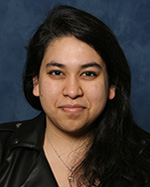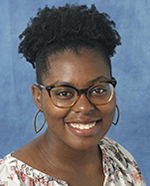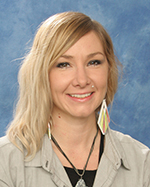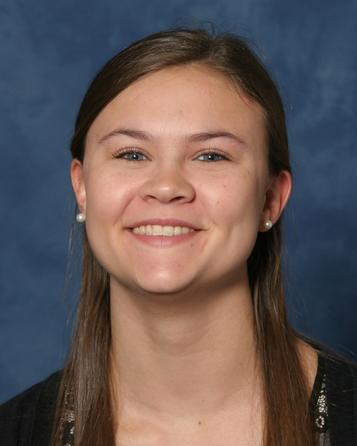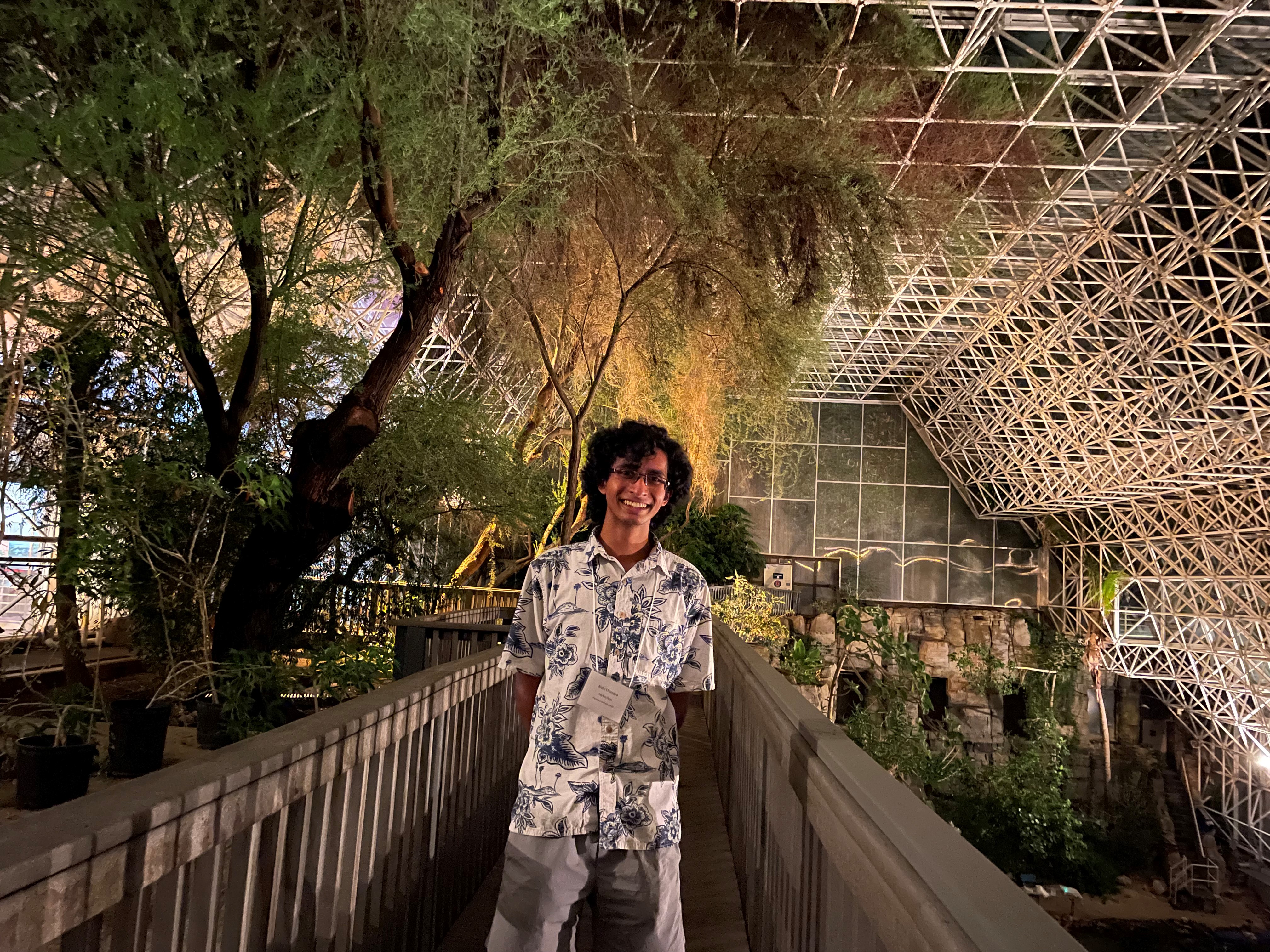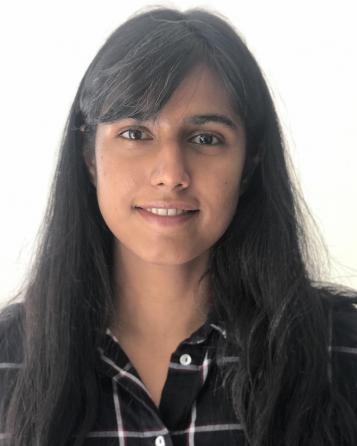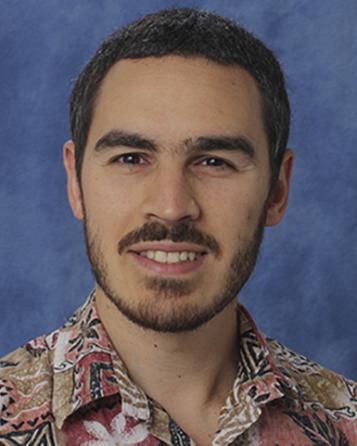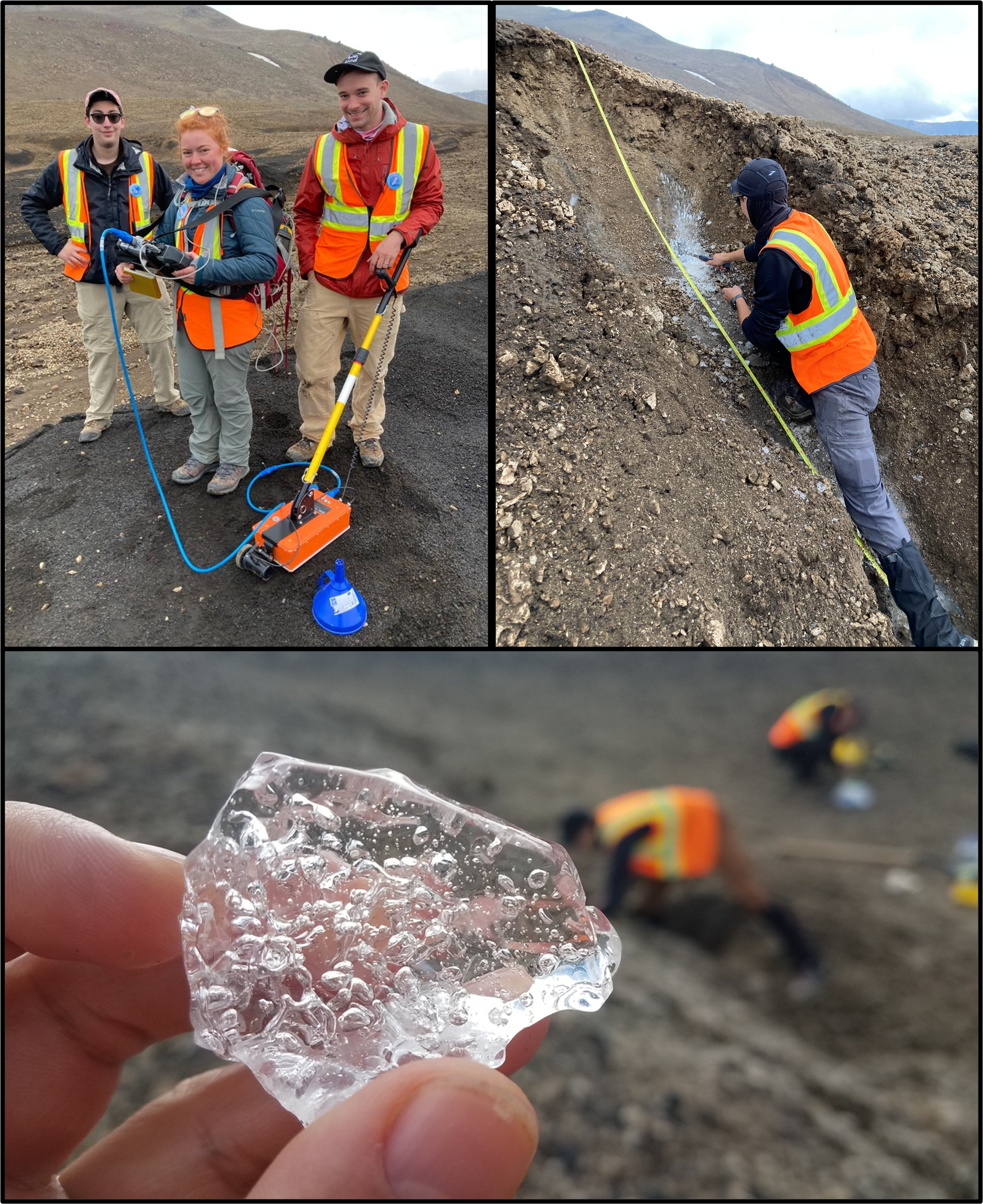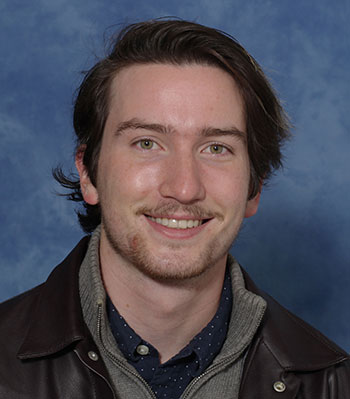 David Cantillo is the recipient of the 2022 Carson Fellowship Award, which provides one academic year of support, including salary, tuition, and a supply stipend. David is a first-year graduate student at LPL.
David Cantillo is the recipient of the 2022 Carson Fellowship Award, which provides one academic year of support, including salary, tuition, and a supply stipend. David is a first-year graduate student at LPL.
David earned a B.S. from the University of Arizona in Spring 2022 with a major in Geosciences and minors in Math and Planetary Sciences. As an undergraduate, David began working with LPL professor Vishnu Reddy, who he had met while working as a high school intern at the Johns Hopkins Applied Physics Laboratory. Their collaboration led to David's first first-author paper that better constrained the surface regolith of asteroid 16 Psyche.
In recognition of his undergraduate work, David received the Spring 2022 Excellence in Undergraduate Research Award for both the UArizona Department of Geosciences and the entire College of Science, as well as the Outstanding Senior Award for the UArizona Honors College (honors thesis: Spectral Characterization of the Near-Earth Environment with the RAPTORS II Telescope.
David joined the LPL graduate program in fall 2022 with research interests in asteroids and space situational awareness. His current research involves using laboratory spectroscopy to better interpret the surfaces of near-Earth asteroids as well as taking direct observations of near-Earth asteroids with the NASA IRTF in Hawaii. For summer 2023, David plans on traveling to Australia to help construct a new observatory for remote observations of artificial satellites.
When he's not doing science, David is focused on music. He is the singer and lead songwriter for the alternative Tucson rock band, Daytrails. David appreciates the intersection of science and art and has been a regularly supporter and contributor to The Art of Planetary Science events sponsored by LPL.
David was featured as a PTYS undergraduate minor in the Fall 2021 newsletter.


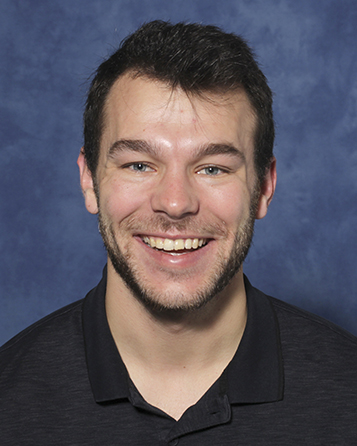 Nathan Hadland was named a
Nathan Hadland was named a 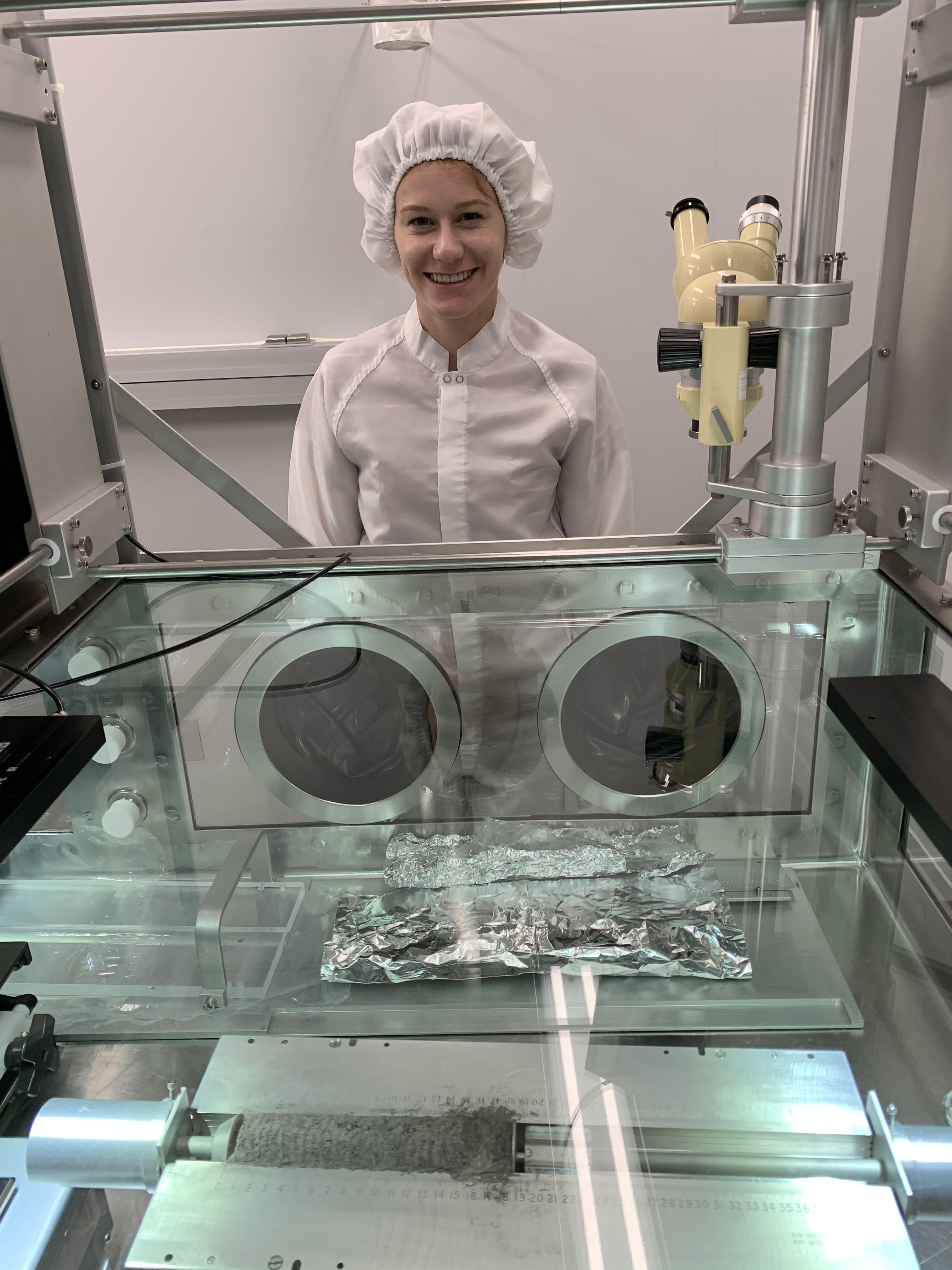 The
The 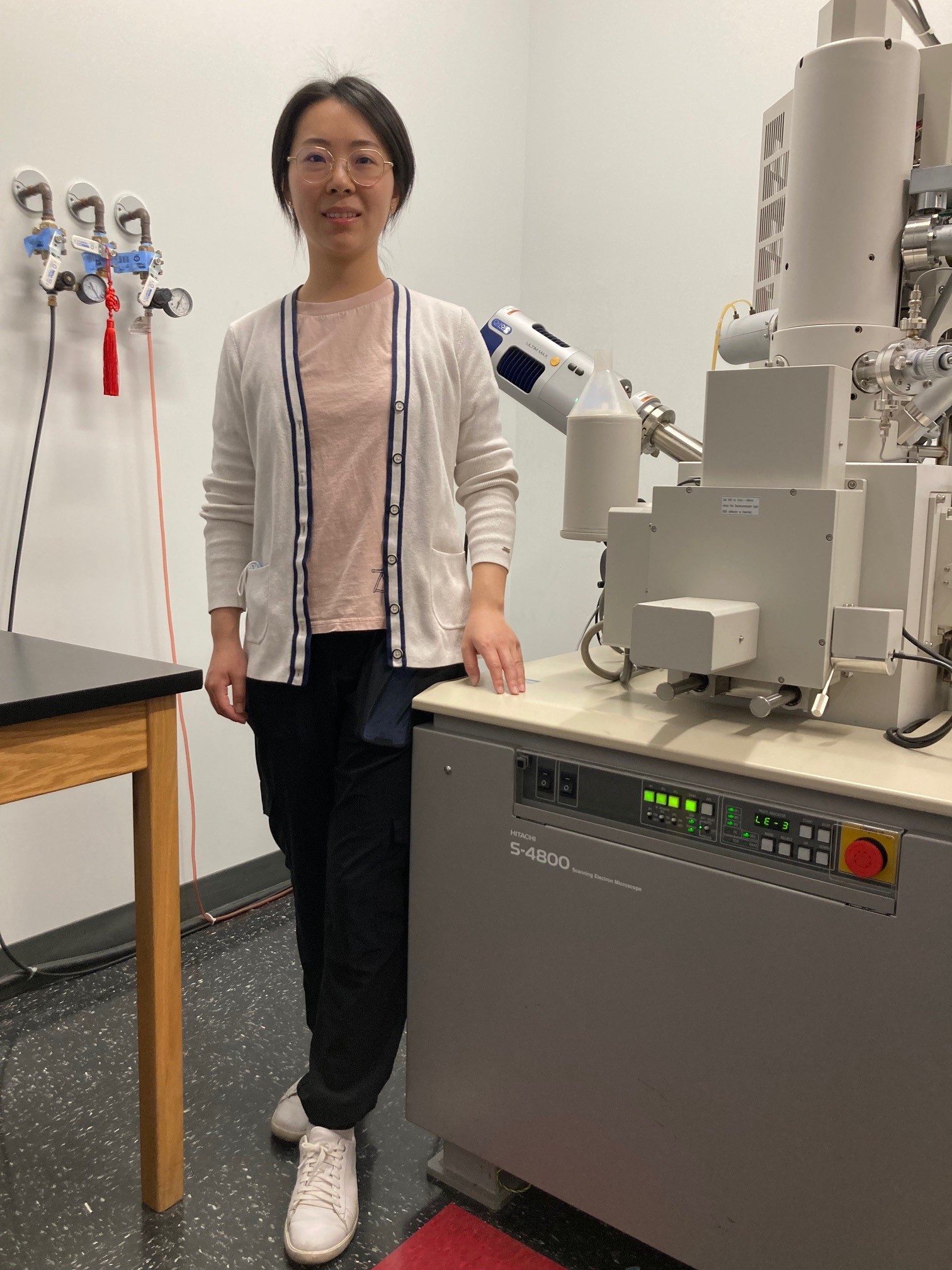 i Zhang, a sixth-year Ph.D. student in Materials Science & Engineering, is also a recipient of the Hitachi Electron Microscopy Scholarship for the year. Yi studies additively manufactured nickel-based superalloys, a group of alloys used widely in aviation. The research includes characterizing the interactions of microstructures and defects in the alloys and studying how the interactions correlate with fatigue performance. The Hitachi Electron Microscopy Scholarship was a great encouragement for Yi and a great recognition of her work, especially as a woman in STEM whose goal is to be a researcher, a metallurgist and a materials engineer. This award made her more confident in her ability as well as in realizing her goal. The award helped buffer her living expenses especially during this pandemic period and has enabled Yi to spend more time on her research.
i Zhang, a sixth-year Ph.D. student in Materials Science & Engineering, is also a recipient of the Hitachi Electron Microscopy Scholarship for the year. Yi studies additively manufactured nickel-based superalloys, a group of alloys used widely in aviation. The research includes characterizing the interactions of microstructures and defects in the alloys and studying how the interactions correlate with fatigue performance. The Hitachi Electron Microscopy Scholarship was a great encouragement for Yi and a great recognition of her work, especially as a woman in STEM whose goal is to be a researcher, a metallurgist and a materials engineer. This award made her more confident in her ability as well as in realizing her goal. The award helped buffer her living expenses especially during this pandemic period and has enabled Yi to spend more time on her research.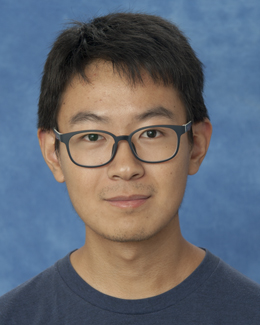
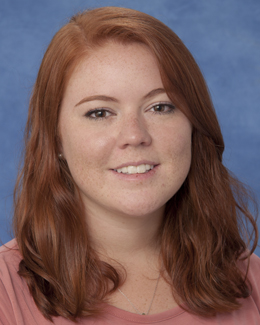

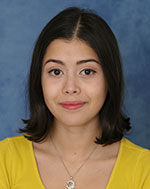
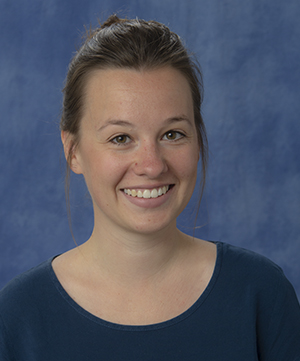
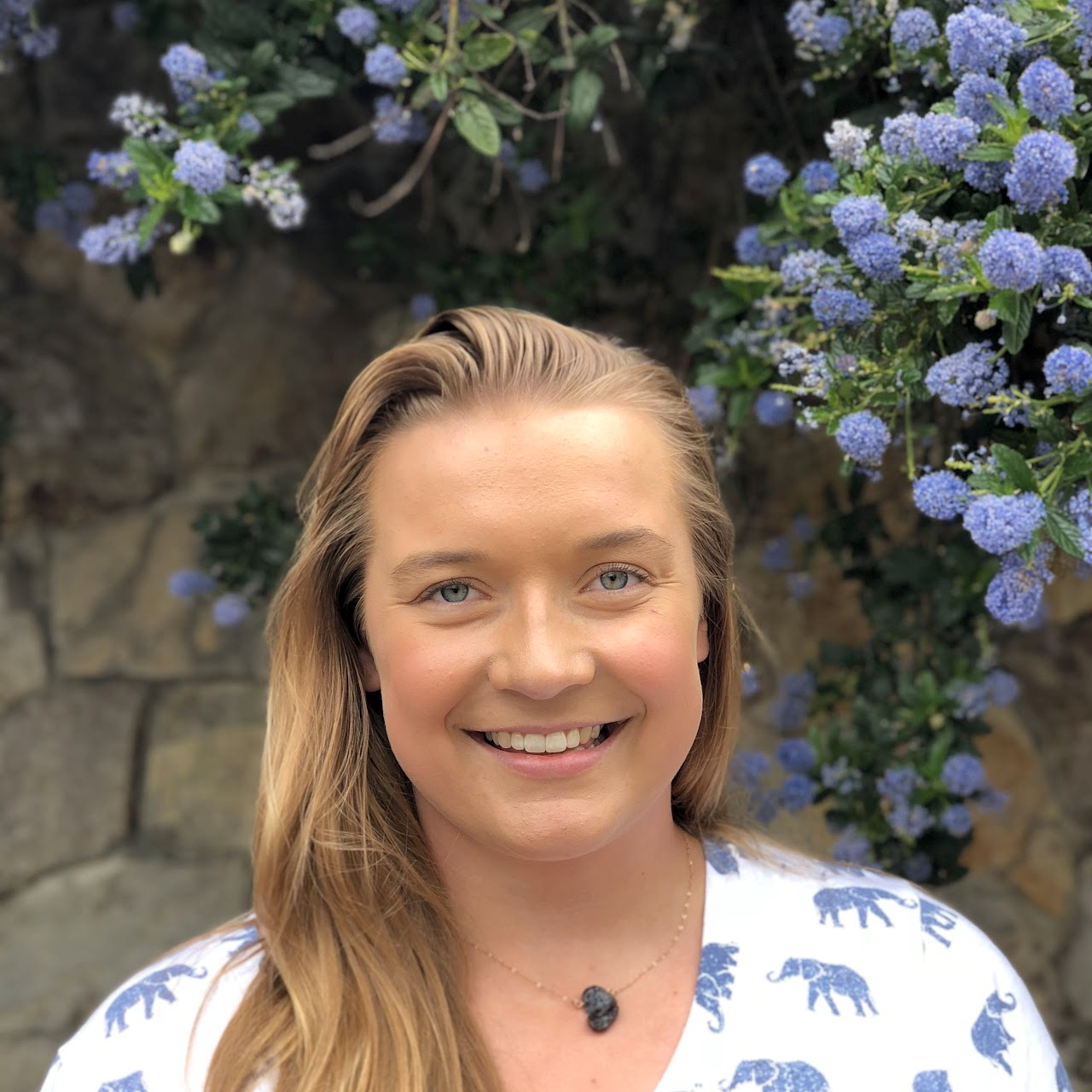 Amanda Stadermann is the recipient of the 2022 LPL
Amanda Stadermann is the recipient of the 2022 LPL 